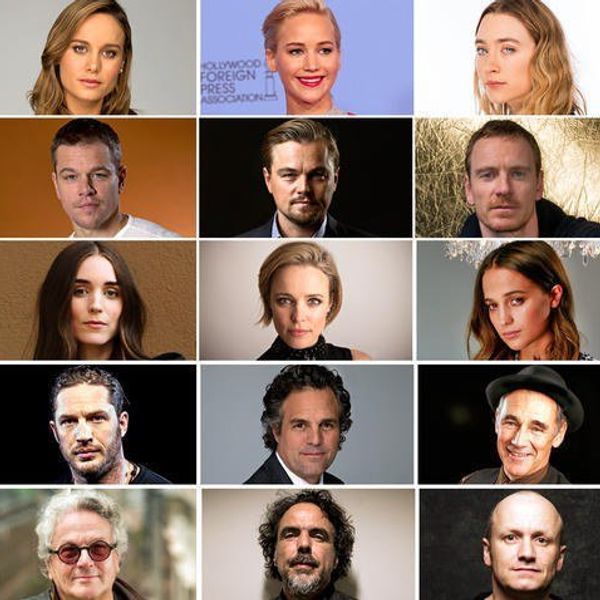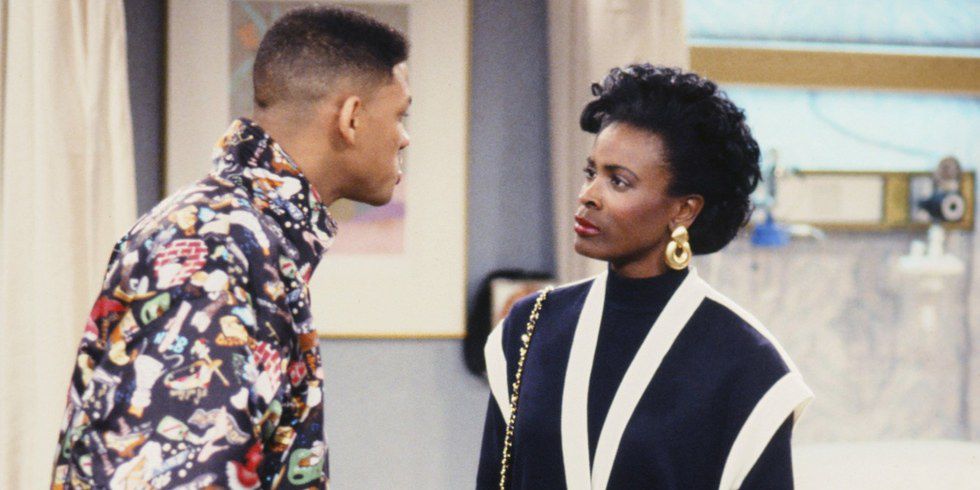As you may have seen on your newsfeed, another polarizing discussion has surfaced, which has raised some very pointed issues about the 2016 Oscars. In a review of the list of nominees, all having been handpicked by a trustworthy board of majority white men, it is difficult to find much in the realm of diversity. This year’s list, akin to last year’s, has stirred up some unrest among viewers. Jada Pinkett Smith has become somewhat of a spokesperson (whether voluntarily or accidentally) for this outrage.
After watching her video –– about the possibility of a large movement of Black people deciding not to invest any time into this year’s Oscar awards ceremony –– I did not find it to be polarizing. It felt more like a suggestion of a politician rather than a “revolutionary” demand. You could even see it as more of an expression of disappointment that Will Smith was snubbed this year for his performance as a Nigerian doctor in “Concussion.” One quote, in particular, did intrigue me, however: “Begging for acknowledgment diminishes dignity, and diminishes power.” Regardless of her personal stance on the matter, I could not help but dwell on this line. I began to ponder the question, would having Black Oscar nominees solve the real issues that this country faces?
Despite this very cordial speech of disapproval, the proverbial flavor of salt was potent, most notably from “Blacktress” Janet Hubert, whom many of us remember as the original Aunt Viv from "The Fresh Prince of Bel-Air."
She had much to say about the state of the Black community being a far more important issue. To summarize the verbal onslaught, her point was: if you were not nominated, it would be an even greater injustice to use your fame to galvanize the troops around an “Oscars boycott” when the issue is much more systematic than a few prestigious awards.
As I reviewed Janet’s video, I realized that her arguments may be in the same line of thinking as Jada’s, although their rallying points are very different on the surface. As I searched for a response to whether or not asking for acknowledgment would in fact diminish power, I found nothing that would refute this statement from Aunt Viv Sr.
My quest eventually led me to Whoopi Goldberg. She had expressed an equal amount of disdain for the idea of an Oscars boycott on her talk show “The View," especially in light of the fact that the Oscars this year will be hosted by renowned comedian Chris Rock.
However, what interested me was her insight into why there was #OscarSoWhite in the first place. In the eyes of media outlets that thrive on confrontation, it appeared that she was “attacking” Jada. Entertainment Tonight had one alluring headline which read “Whoopi Goldberg Slams Oscars Boycott: It Pisses Me Off!” But in her surrounding arguments, she was clearly more upset that Jada’s request did not go far enough in addressing the issue. Whoopi was against the very nature of Hollywood which is rooted in inequality. The line “It Pisses Me Off” was actually directed at the lack of Black representation at the Oscars this year.
The most potent argument that she made was, instead of boycotting the Oscars, we should boycott movies without minority representation. Her statement shed new light into the idea of begging for acknowledgement. It was as if she believed a boycott was the call for acknowledgment. Some might even ask: is the Oscar nomination process even biased, or are white films more represented in Hollywood?
Academy President, Cheryl Boone Isaacs seems to believe the latter, stating that although the committee itself is not at all diverse, being 94 percent white and 77 percent male, its job is to recognize the most talented individuals. Although this is a defense of an obviously flawed Academy, she also suggested that there needs to be a focus on Black talent within the film industry.
On the other hand, is it possible that having a committee composed of white, middle to upper class men, can create some bias in judging a film’s content, writing, and acting? How does a committee even become saturated with white men? My investigation led me to questioning whether or not we should seek acknowledgment is these spaces that were seemingly never meant to acknowledge us.
As Cheryl’s argument became more unsettling, I began to look at who could have been nominated this year. Sylvester Stallone was nominated for his supporting role in "Creed," while Michael B Jordan has yet to be seen as an Academy Awards nominee. In fact, it seemed like a trend that the roles of the people of color in a number of films like “Straight Outta Compton,” “Concussion” and “Beasts of No Nation” were overlooked for the roles of white men. These films were clearly recognized on some level so it is safe to assume they weren’t terrible, but why were only their white members recognized?
The answer may simply be that the issues that are “larger than the Oscars” that Janet sees may have seeped into the Oscars themselves. The overarching view of “otherness” may be what causes both racial profiling in stop and frisk as well as racial profiling in the Academy. There is a very small chance that it is even possible that a group of white, well-to-do men could mistakenly (even subconsciously) nominate mostly people who look like themselves.
If this is the case, the root of the problem might not be as sinister as it seems, or rather, might not seem as sinister as it is. The fact is that this form of prejudice is not always as innocent as it appears to the public and in the media. Prejudice evolves into unjust violence, which sparks outrage and new hashtags. What seems like a fair assessment of talent could actually be rooted in a powerful feeling of hatred that isn’t always expressed through hate speeches. A simple choice of nomination could demonstrate a more sophisticated form of racial injustice, one that disguises itself as a review of talent.
But, as Jada said, the committee can nominate whomever they see fit so it makes no sense to be outraged by who was nominated. The only response is to move your talents and resources elsewhere and forget that there even was a nomination. So yes, Jada Pinkett Smith, you are right. I will not be watching the Oscars this year –– or any year.
Not because Will Smith did not receive a nomination or because the list of nominees contains a majority of white men. I will not be watching because there are more important issues to tackle before we worry about the Oscars.






















